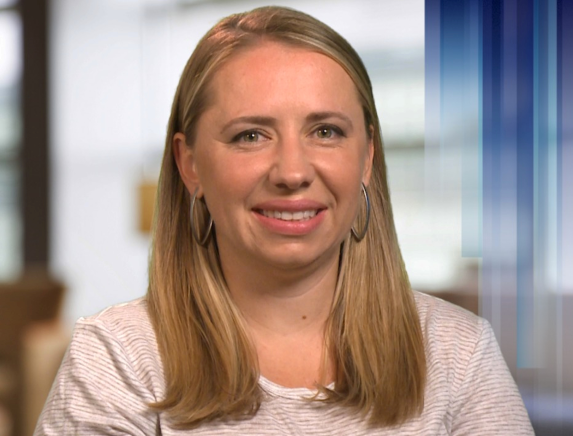A Pediatrician’s take on Getting through Social Distancing

This is a stressful time and kids feel it, too. Not only have their daily routines been dramatically altered, but they're also picking up on your stress and hearing snippets of adult conversations and headlines and may not be able to fully reason through this information. Different things will be helpful for different age groups, but some things will help for all.
Before I get to that, I'd like to address for anyone wondering if all of this social distancing is really necessary that the answer is 100% unequivocally, YES. There's new data coming out so frequently but it's very clear that the most important action right now is for as many people as possible to socially distance as much as possible. For my family, that means no contact with anyone outside the immediate family aside from physician parents going to and from work.
What can we do to help our kids during this stressful time?
- Communicate - talk about what's going on and the feelings surrounding it. This may be talking about actual COVID19 information or just talking about how hard it is to be away from grandparents, classmates, friends, and normal activities. Feelings are important! Validate your children's concerns and share your feelings, too. Brainstorm ways to feel better and talk about things that are going well.
- Stay connected - we're only barely into social distancing and I, for one, am feeling much more impacted than I would have anticipated. In this technological age, there are many ways to stay connected! Facetime with grandparents, friends and classmates. Make cards for loved ones celebrating a birthday or just to cheer them up. Set your child up with a pen pal. You may want to consider sharing photos of letters/cards or using a wet paper towel to seal envelopes instead of licking them.
- Get outside and be active - go for a hike, walk, scooter ride or bike ride. We can't be close to other people but the outdoors are not off limits. Fresh air, exercise and sunlight are always good for you, the more the better.
- Try new activities and think outside the box with things you already like - there are so many cool options being shared through social media right now. My kids have taken drawing classes with Mo Willems, started learning to type (typingclub.com), learned words in other languages (duolingo), gone on virtual safari at the Cincinnati zoo and done virtual visits to major museums. We love watching survivor together and found prior seasons on amazon prime.
- Try a schedule - having school cancelled and being at home felt fun and exciting initially but that newness has definitely worn off now. Rotating through a schedule that includes items from #2 - #4 above can really help the time pass. A visual schedule with pictures for younger children or written out for older children can help frame expectations.
- Be patient and kind: with your kids and also yourself - this is not easy and it's all right to be frustrated at times and not spend all of your time gung ho to tackle socially distanced life. It's okay to be upset or have a pity party when needed. Expect some acting out, especially from younger children who are less able to put their feelings into words.
- Seek help if needed - Mental health issues may present in children as obvious worrying or sadness but may also present with changes in activity level (either increase or decrease), alterations in sleep pattern, appetite changes, irritability, feelings of guilt, or emotional outbursts. For children who had anxious tendencies prior to the pandemic, this may be an especially challenging time. Please contact your child's doctor if you have significant concerns.
This is a tough time, but we're all in this together and we've got this!
Audey Veach, MD